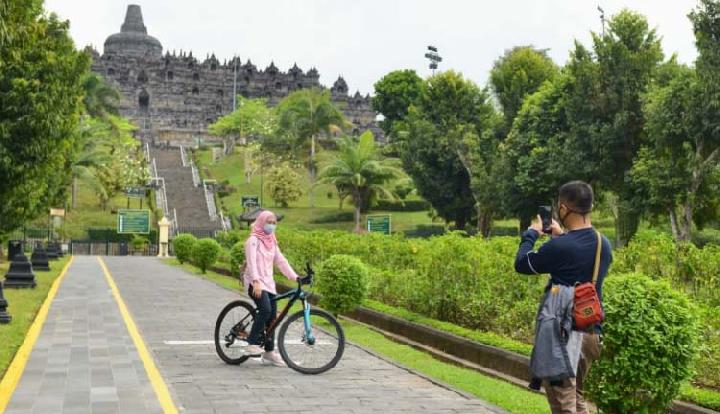Summons of Japanese Media Raises Complaints of Interference
19 October 2018 15:18 WIB

TEMPO.CO, Jakarta - Japan's ruling party summoned executives from two leading television networks Friday in a move opponents said endangered press freedom.
The Liberal Democratic Party's panel on information and communications strategy questioned the executives from Asahi TV and public broadcaster NHK about two separate programs at the party's headquarters.
In one, an Asahi commentator made comments critical of Prime Minister Shinzo Abe's office, while the other program on NHK allegedly contained staged material.
The main opposition Democratic Party criticized the questioning as a potential infringement of press freedom.
Government spokesman Yoshihide Suga denied suggestions of censorship and said the summons were not intended to pressure the media.
Abe's government has been criticized as being too sensitive to critical reporting.
Jiro Kawasaki, head of the LDP panel, said the two executives were summoned to answer questions about allegations that the programs contained "distorted" materials.
Media watchers and political analysts say mainstream media have been shunning critical reporting to avoid trouble with officials who are increasingly touchy about how Japan and government policies are portrayed by both domestic and foreign media.
Conservative businessman Katsuto Momii, appointed by Abe in 2013 to head NHK, quickly sparked criticism by saying that the public broadcaster's reporting should be aligned with government policy, despite its longstanding editorial independence.
Although Japan's Constitution guarantees freedom of speech and press, many see worrisome trends in the past several years:
— Ahead of a December general election, the LDP sent a statement to Japanese media requesting "fair coverage."
— Abe and his government chastised the liberal-leaning Asahi newspaper over decades-old errors in stories about Japan's wartime military brothel system — a topic of abiding friction with China, South Korea and other countries whose citizens suffered abuses by the Imperial Army before and during World War II.
— The Foreign Ministry complained to a U.S. publisher about references to the military brothel system in a high school history textbook.
The issues raised in Friday's meeting were somewhat more mundane.
Shigeaki Koga, a former trade ministry official, quit TV Asahi's "Hodo Station," a popular nightly news show, after recently making critical remarks about the Prime Minister's Office's treatment of the media.
Koga, who now is an independent commentator, says he finds many stories are not getting the coverage they deserve because of a trend toward authoritarianism.
"If the ongoing media self-censorship continues and there is only news that serves the government's interest, people will be brainwashed," Koga said in a speech Thursday to the Foreign Correspondents Club of Japan.
The Foreign Ministry's budget for propagating its official views on history and territorial disputes was raised to 52 billion yen ($438 million) this year from 2 billion yen last year to "correct understanding by the international society," the ministry says.
Jeff Kingston, director of Asian Studies at Temple University in Tokyo, says intolerance of criticism has grown because of a tendency to equate criticism of the Japanese government with anti-Japanese sentiment.
"This shabby tactic defines criticism of Abe as criticism of Japan putting journalists in the awkward position of having to demonstrate 'love' for Japan," he said in an article Friday in the online review Asia-Pacific Journal.
THE ASSOCIATED PRESS





















